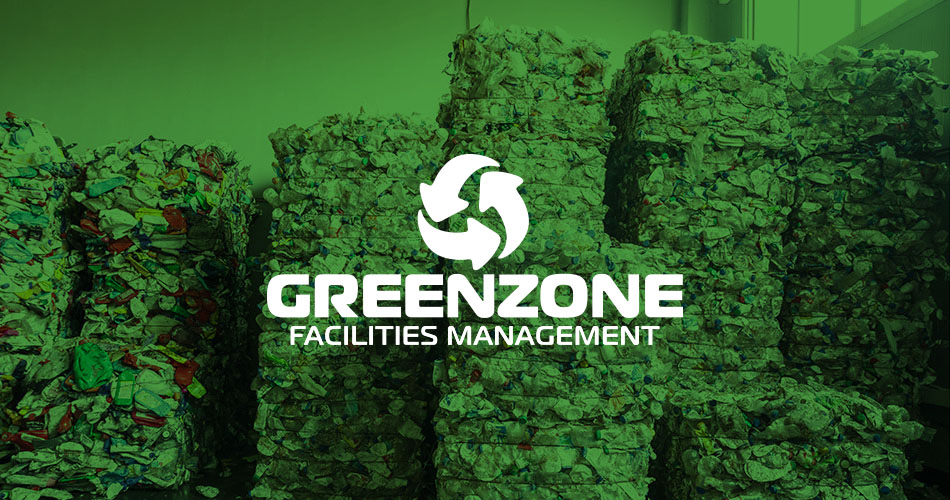The report, “Consumer Products and Retail: How sustainability is fundamentally changing consumer preferences”, finds that sustainability has risen up the customer’s agenda: 79% of consumers are changing their purchase preferences based on social responsibility, inclusiveness, or environmental impact.
Moreover, COVID-19 has increased consumer awareness and commitment to buying sustainably: 67% of consumers said that they will be more cautious about the scarcity of natural resources due to the COVID-19 crisis, and 65% said that they will be more mindful about the impact of their overall consumption in the “new normal.”
Sustainability concerns are now influencing consumer behaviour among more than half the population: 53% of consumers overall and 57% in the 18-24 age group have switched to lesser known brands because they were sustainable.
More than half of consumers (52%) say that they share an emotional connection with products or organisations that they perceive as sustainable. 64% say that buying sustainable products makes them feel happy about their purchases (this reaches 72% in the 25-35 age group).
Corporate products and retail (CPR) organisations also understand the benefits sustainability has on their relationships with customers: 77% indicate sustainability leads to increases in customer loyalty, while 63% say it increases brand revenue.
Both consumers and enterprises have a lot more to learn about sustainability
Despite intentions to be sustainable, there is a gap between what consumers think they know, and what they actually know, about sustainability: 78% of consumers are not aware that it takes 1,000 litres of water to produce a chocolate bar and 68% are not aware that an average burger results in more emissions than driving 15km in a large car.
Nearly 68% of consumers who purchased these products were willing to purchase a more sustainable product once they were made aware of the sustainability issues. This highlights the need for more sustainability-related information to be available for consumers and reinforces the importance of brands driving the sustainability agenda.
However, a knowledge gap also exists among retailers and manufacturers who think their shoppers know more than they do. 65% of executives say their consumers are very much aware of their sustainability initiatives, but 49% of consumers say they do not have any information to verify the sustainability claims of products, and 44% say they do not trust product sustainability claims.
Most organisations are just scratching the surface of sustainability
Nearly 80% of organisations mention the impact on margins or cost overruns as a challenge in scaling sustainability initiatives and for almost three in four organisations, other issues take priority.
Three out of four (75%) of CPR organisations say they have a strategy, infrastructure, and resources in place to drive sustainability and circular economy efforts
Orginal Source

